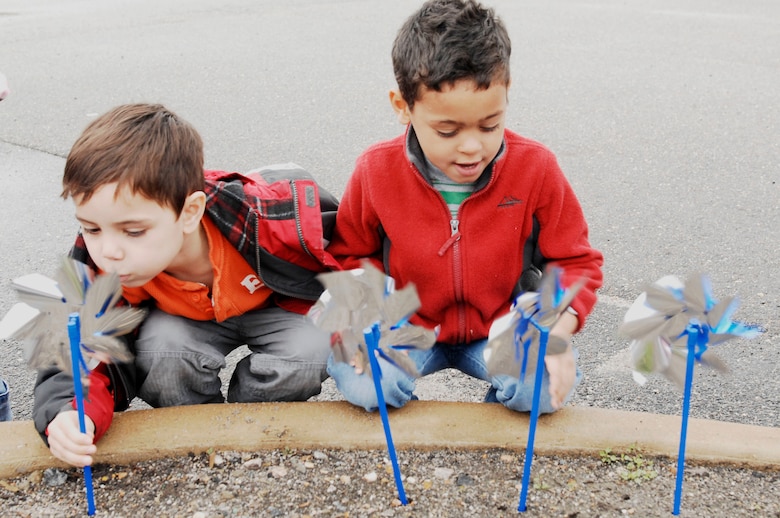STEM
Society
Culture
Edward Hessler
The Nobel Prize physicist Richard Feynman was well known for being quotable. One of his most famous is from his 1974 California Institute of Technology commencement address.
The first principle is that you must not fool yourself—and you are the easiest person to fool.
Feynman followed this statement with these words. "So you have to be very careful about that. After you’ve not fooled yourself, it’s easy not to fool other scientists. You just have to be honest in a conventional way after that.
"I would like to add something that’s not essential to the science, but something I kind of believe, which is that you should not fool the layman when you’re talking as a scientist."
Here is the full 1974 CalTech address in the event you are interested in reading it.
I thought of this Feynman quote when I viewed the September 11, 2018 PBS News Hour's "In My Humble Opinion." It featured McGill University professor emeritus in neuroscience Daniel Levitin.
"If you think you know everything, you can't learn anything" is just plain good advice and stated nicely. Words and actions to live by and beautifully expressed.
h/t: Lynne
Here is the full text.
Daniel Levitin:
It ain’t what you don’t know that gets you into trouble. It’s what you know for sure that just ain’t so.
You may be familiar with this Mark Twain quote. It was used in the film “The Big Short” and in Al Gore’s film “An Inconvenient Truth.”
Twain is saying that, if you’re sure you know something, you act on it with the strength of conviction, never considering that you might be wrong. If you’re sure that this alternative treatment will help cure you better than Western medicine, you will forego the traditional treatment.
Two-thirds of cancer patients think this way, that alternative medicine will prolong their lives. But, in fact, patients who turn to it are twice as likely to die of their cancers, and they die earlier.
If you’re sure that your choice of political candidate is right, you’re not going to be open-minded about any new evidence that might come in that could or should cause you to change your mind.
I’m a college professor, and I train Ph.D. students for careers as neuroscientists. They come into my laboratory full of confidence. They have been at the top of every class they have been in their entire lives.
I spend most of my time trying to teach them that they don’t know everything they think they do. My job as a teacher really is to unteach them. I’m always asking, why do you think that? What’s the evidence?
These lessons can take four to eight years. Knowledge can only be created in an environment where we’re open to the possibility that we’re wrong.
You may recognize the Zen connection, the wisdom of insecurity. If you think you know everything, you can’t learn anything.


I think that all of us are capable of this kind of critical thinking. Every 4-year-old asks a series of incessant why questions. We have this beaten out of us early on by worn-down parents and teachers. But this why mode is the key to critical thinking.
Think like a 4-year-old. Ask why and how. Ask them often.
This attitude allows us to navigate the world more effectively, choosing among options or political candidates or medical treatments that are more likely to maximize our success and our well-being.
By the way, Mark Twain is widely cited for the quote we began with, but there’s no evidence that he ever said it or anything like it. The source of it is unknown.
Sometimes, you don’t know what you think you do.

No comments:
Post a Comment